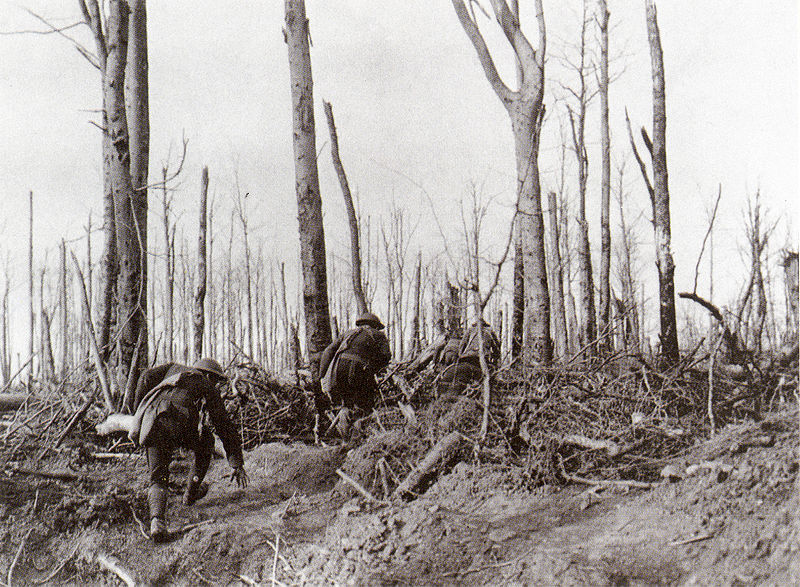On April 6, 1917, the United States joined World War I after repeated German aggression, shifting the course of the war and increasing American influence in global affairs. This decision transformed the war’s direction and America’s impact on international matters. In addition to the Allied success, the war effort mobilized millions of Americans under General John J. Pershing. British intelligence’s interception of the Zimmermann Telegram played a crucial role in swaying U.S. public opinion. The telegram revealed Germany’s attempt to manipulate Mexico into an alliance against the United States, a revelation that outraged the American public and further pushed the country towards war.
President Woodrow Wilson, a key figure in the events leading up to the U.S. entry into World War I, initially sought to keep the nation neutral. He believed that it was in the country’s best interest to avoid being drawn into the European conflicts. This stance was not without its challenges, as nationwide anti-war sentiments, which united the radical anarchist Emma Goldman with the middle-class reformer Jane Addams, were on the rise.
On April 6, the United States declared war against Germany after Congress finalized the war resolution, siding with the Allies, including Russia, France, and Britain, against Germany and Austria-Hungary. Military leaders under the command of General John J. Pershing assembled more than two million soldiers into the American Expeditionary Forces (AEF) through an extraordinary recruitment drive. This drive, which involved extensive propaganda campaigns and the implementation of the Selective Service Act, was a massive undertaking that saw millions of young men voluntarily or involuntarily join the military.
The American military established its presence in Europe in 1918, bringing fresh troops and provisions and a beneficial military spirit at a critical time in the war. The U.S. entry into the war provided crucial reinforcements that contributed to the November 11, 1918, Armistice, thus tipping the balance of power. The war, which caused more than 116,000 American deaths, had a profound and lasting impact, cementing the United States as a leading power in political affairs and the economic domain.
Legacy
After World War I, the United States became a leading power through military expansion, economic dominance, and international politics. Americans experienced a fundamental transformation of government functions, and democratic movements arose during the war period, subsequently shaping the twentieth century.

